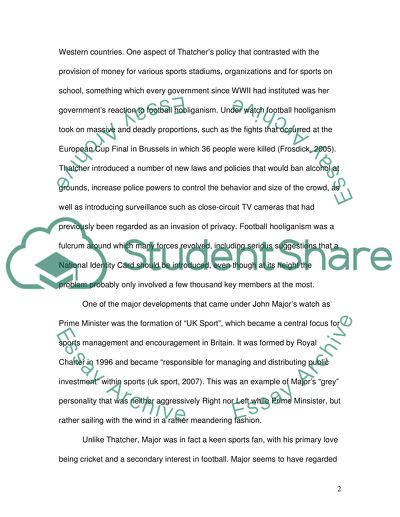Cite this document
(Government's Attitude and Policy towards Sport Assignment, n.d.)
Government's Attitude and Policy towards Sport Assignment. Retrieved from https://studentshare.org/sports-and-recreation/1539843-how-governments-attitude-and-policy-towards-sport-has-changed-and-envolved-over-the-last-25years
Government's Attitude and Policy towards Sport Assignment. Retrieved from https://studentshare.org/sports-and-recreation/1539843-how-governments-attitude-and-policy-towards-sport-has-changed-and-envolved-over-the-last-25years
(Government'S Attitude and Policy towards Sport Assignment)
Government'S Attitude and Policy towards Sport Assignment. https://studentshare.org/sports-and-recreation/1539843-how-governments-attitude-and-policy-towards-sport-has-changed-and-envolved-over-the-last-25years.
Government'S Attitude and Policy towards Sport Assignment. https://studentshare.org/sports-and-recreation/1539843-how-governments-attitude-and-policy-towards-sport-has-changed-and-envolved-over-the-last-25years.
“Government'S Attitude and Policy towards Sport Assignment”. https://studentshare.org/sports-and-recreation/1539843-how-governments-attitude-and-policy-towards-sport-has-changed-and-envolved-over-the-last-25years.


